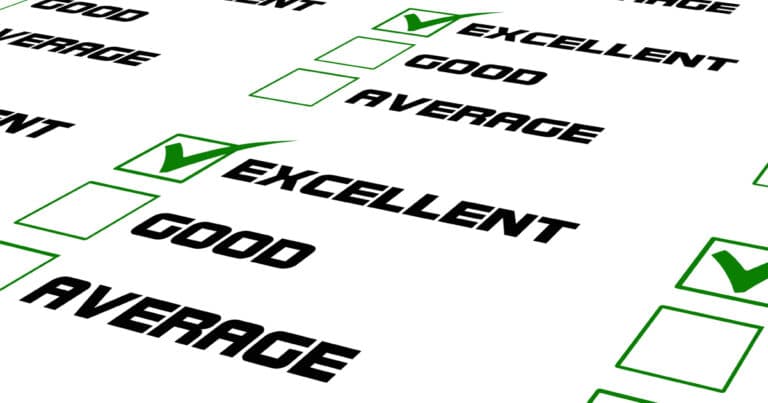We all agree that saving is beneficial, so why is it so hard to commit to?
Maybe it’s because most budgets are built around your expenses. After receiving your income, the first thing on your mind might be rent, bills, food, and so on. By the end of the month, if you’re lucky, you have a little spare cash to add to your savings.
You can consider an alternative – Pay Yourself First. This strategy flips that approach on its head, by forcing you to save first before anything else. By automating the process you inject more certainty into your savings. Let’s see how it works.
Why Pay Yourself First?
- Easy – if a portion of your income goes into your savings immediately, then you get used to not having that money. Out of sight, out of mind.
- Predictable – by setting up consistent automatic payments into your savings, you can plan for future costs more aETArately.
- Save more – by saving first you’ll end up with more savings than waiting until you’ve covered your expenses. There’s always another bill or another social event to eat into your potential money for savings.
How to Pay Yourself First?
- Determine how much to pay yourself
Decide on a realistic amount using the 50/30/20 approach. This method allocates 20% of your monthly income to savings and debt repayment, 50% to necessities, and 30% to wants.
For example, for £1,600 monthly income, you’d reserve no more than £320 to debt repayments and savings, £800 for necessities, and £480 for wants.
- Identify your savings goals
Write a list of your short-term and long-term savings goals. Start off with an emergency account and saving for retirement, as they’re the most important. Then add holidays, new house, Christmas etc.
You can save towards all of them equally – e.g. £50 for emergency account, £50 for retirement, £50 for holiday, £50 for new house, £50 for Christmas etc.
Or you can focus more effort on certain goals you want to accomplish faster – e.g. £100 for emergency account, £100 for new house, £50 for retirement, £0 for holiday, and £0 for Christmas. Then once you’re happy with your emergency and new house savings you might reduce them and allocate more funds to the other goals.
- Set up a direct debit
It’s a great idea to open several online banking accounts and rename them the goals you determined earlier. Now set up direct debits for the amount you will be allocating. The direct debit should come out of your account on pay day. Then, sit back and relax as you watch your savings grow, adjusting when necessary to update your goals.
If your work for one of our Select Partners, you qualify for our exclusive Payroll Deduction scheme. This means you can save directly from your salary into your savings – no willpower needed. Contact us to find out more.
Give Paying Yourself First a try and you could enjoy less stress and more progress towards your financial goals.










